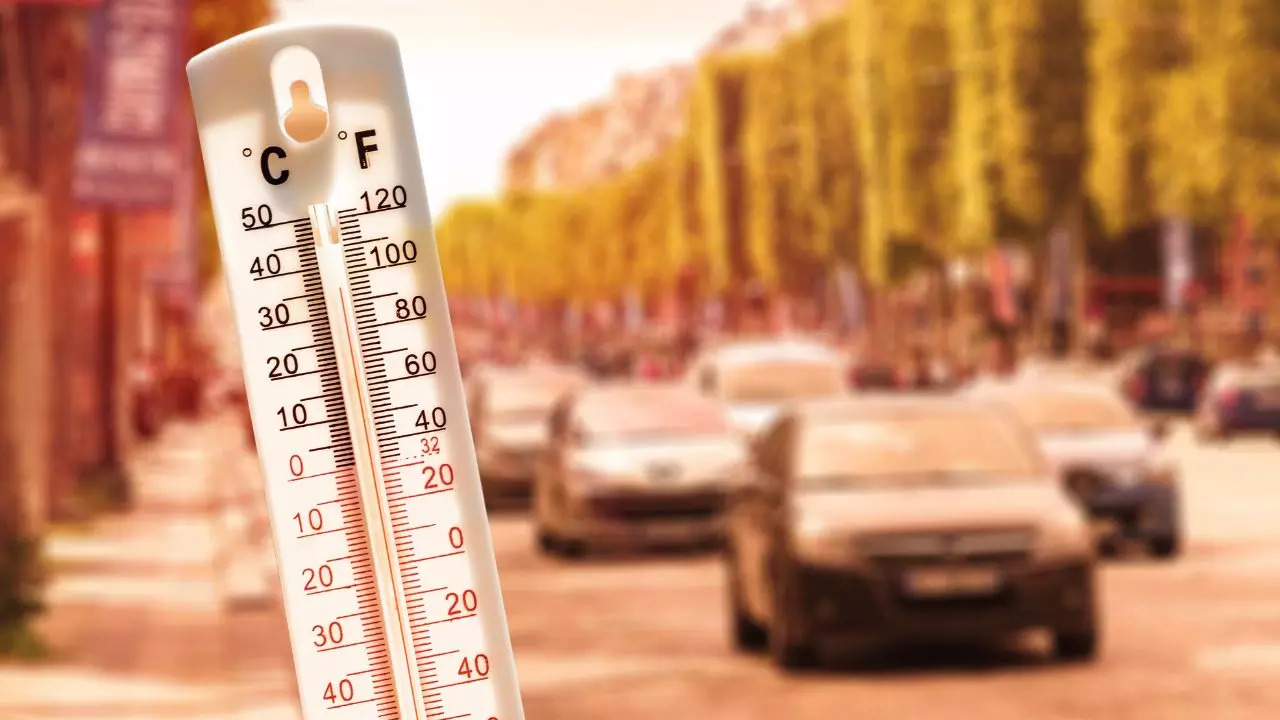Contents
-
news
-
Health
Lancet report says India’s infants and adults faced more hot days in last decade
According to The Lancet Countdown on Health and Climate Change report, infants and adults aged 65 and above in India face heatwaves on an average of about eight days every year. People in India faced moderate or high risk of heat stress. Read on to learn more about the study.

India’s infants and adults faced more extreme heat in the last decade
Photo: iStock
A new report from The Lancet Countdown on Health and Climate Change says that over the past decade, babies and adults aged 65 and over have lost almost eight loo Average days every year in India. This is an increase of 47 percent for infants and 58 percent for older adults compared to 1990–1999. The report was published ahead of the 29th United Nations Conference of the Parties or ‘COP29’. This report reveals country-wise assessments of how climate change is affecting people’s health.
In 2023 alone, people in India faced moderate or high risk of heat stress for about 2,400 hours or 100 days while doing light outdoor activities like walking, according to the report.
The report showed that 10 of the 15 indicators that help track health threats to people around the world caused by global warming, including rising night-time temperatures and extreme rainfall, have reached new records.
Furthermore, estimating the economic impacts of heat in India, the report found that the agriculture sector was worst affected by potential income losses due to reduced labor capacity in 2023, with potential losses of more than $71.9 billion. Overall, in 2023, about 181 billion labor hours are potentially lost due to heat exposure in India, which is a 50 percent increase compared to the hours lost during 1990-1999.
The report’s authors say it provides the most up-to-date assessment of the relationship between health and climate change. The health effects of heat waves can be serious. This can lead to a host of health problems, from dehydration and digestive problems to heatstroke and more. Therefore, it is important that you take necessary steps that can help prevent such situations.
Ways to keep yourself cool during heat wave
stay hydrated
During heatstroke, your body loses fluids rapidly through sweating. Therefore, it is important to drink plenty of water throughout the day. Also, avoid alcohol and caffeinated beverages as they can cause dehydration.
wear light clothes
Choose loose, light and light-colored clothes. Dark colors absorb more heat and tight clothing restricts the flow of air through your body. Choose natural fabrics like cotton as they allow your skin to breathe.
Fans and air conditioning
If possible, stay in air-conditioned rooms and buildings during the hottest times of the day. If air conditioning is not available, use fans with open windows which can help cool indoor spaces.
limit outdoor activities
Try to schedule outdoor activities during cooler times of the day, either early in the morning or late in the evening. Avoid strenuous activities during peak heat hours to prevent heat exhaustion.
take a cold water bath
Cooling the body with regular cold showers or baths can help lower your body temperature. However, avoid bathing that is too cold, as this can cause the body to produce more heat.
use sunscreen
Sunburn can affect your body’s ability to cool itself and cause fluid loss. Apply a broad-spectrum sunscreen with an SPF of at least 30 to protect your skin from harmful UV rays.
eat lightly
Heavy meals can increase your body temperature. Opt for small, light meals. Choose fruits and vegetables with high water content like watermelon and cucumber as these can help keep you hydrated and cool.
(With inputs from PTI)
Get the latest news live on Times Now with breaking news and top headlines from around the world.


